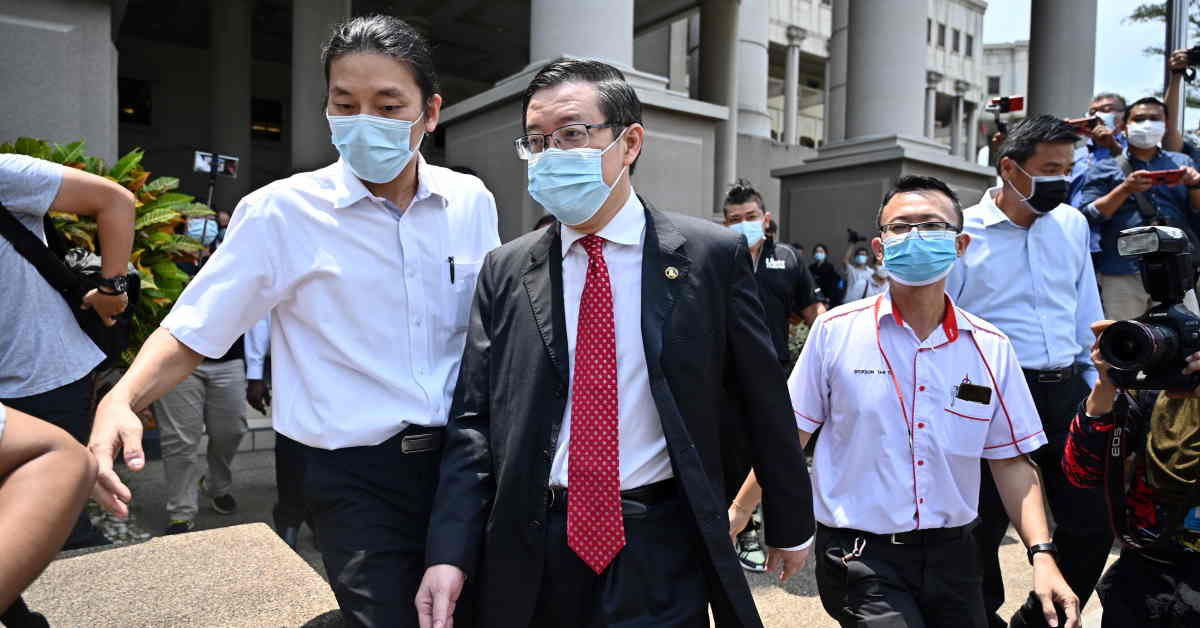Malaysia's ex-finance minister, now a key opposition figure, was charged with corruption Friday over a US$1.5 billion construction project, the latest government critic to be targeted since a scandal-plagued party returned to power.
Lim Guan Eng is the highest-profile figure yet to face a criminal probe in a sweeping crackdown on dissent launched by the new administration, and says the case against him is politically motivated.
A crowd of journalists and supporters, including fellow MPs, were waiting for him as he arrived at a Kuala Lumpur court Friday morning, following his arrest by anti-graft officials the previous evening.
The case centres on a MYR6.3 billion (US$1.5 billion) project to build an undersea tunnel in the northern state of Penang, which Lim led as chief minister from 2008 to 2018.
Lim, who is also the leader of opposition group the Democratic Action Party (DAP), pleaded not guilty to one count of soliciting a bribe from a businessman in exchange for his company being appointed for the project.
According to the charge, the alleged kickback was a cut of profits the company would have made from its work on the project.
"This is a baseless allegation, and it is politically motivated to tarnish and smear my reputation," he said outside court.
"I will fight to prove my innocence."
The 59-year-old, who was released on bail, faces a jail term of up to 20 years if convicted. He will also face two more corruption charges next week, according to the anti-graft agency.
'Extensive Backlash'
Officials had been investigating the case for some time, and Lim had already been questioned several times over it.
Meanwhile his wife, Betty Chew, was arrested by anti-corruption officials in Penang over a separate graft case, members of his party said.
But James Chin, a Malaysia expert from the University of Tasmania, told the media that Lim's arrest could be "damaging to the current government, the backlash will be quite extensive, especially among the Chinese community".
About 60 percent of Malaysia's population are ethnic Malay Muslims, but the country is also home to sizeable ethnic Chinese and Indian minorities.
Issues of race and religion are highly sensitive in the country of 32 million.
Lim was a staunch adversary of the government for decades until his party took power, and has long been targeted by authorities.
He has been jailed twice, in the 1980s and '90s, and had earlier faced another graft case but that was dropped two years ago.
His ethnic Chinese-dominated party was a main member of the coalition that swept to power at landmark elections in 2018, toppling a corruption-riddled regime that had governed Malaysia for six decades.
But the administration, led by Mahathir Mohamad, collapsed amid bitter infighting in February.
A coalition dominated by the United Malays National Organisation (UMNO) – the linchpin of the bloc that had been in government until 2018 – seized power.
Since then, authorities have launched a string of investigations into opposition politicians, journalists and activists, in what critics say is an effort to stifle dissent. - AFP
